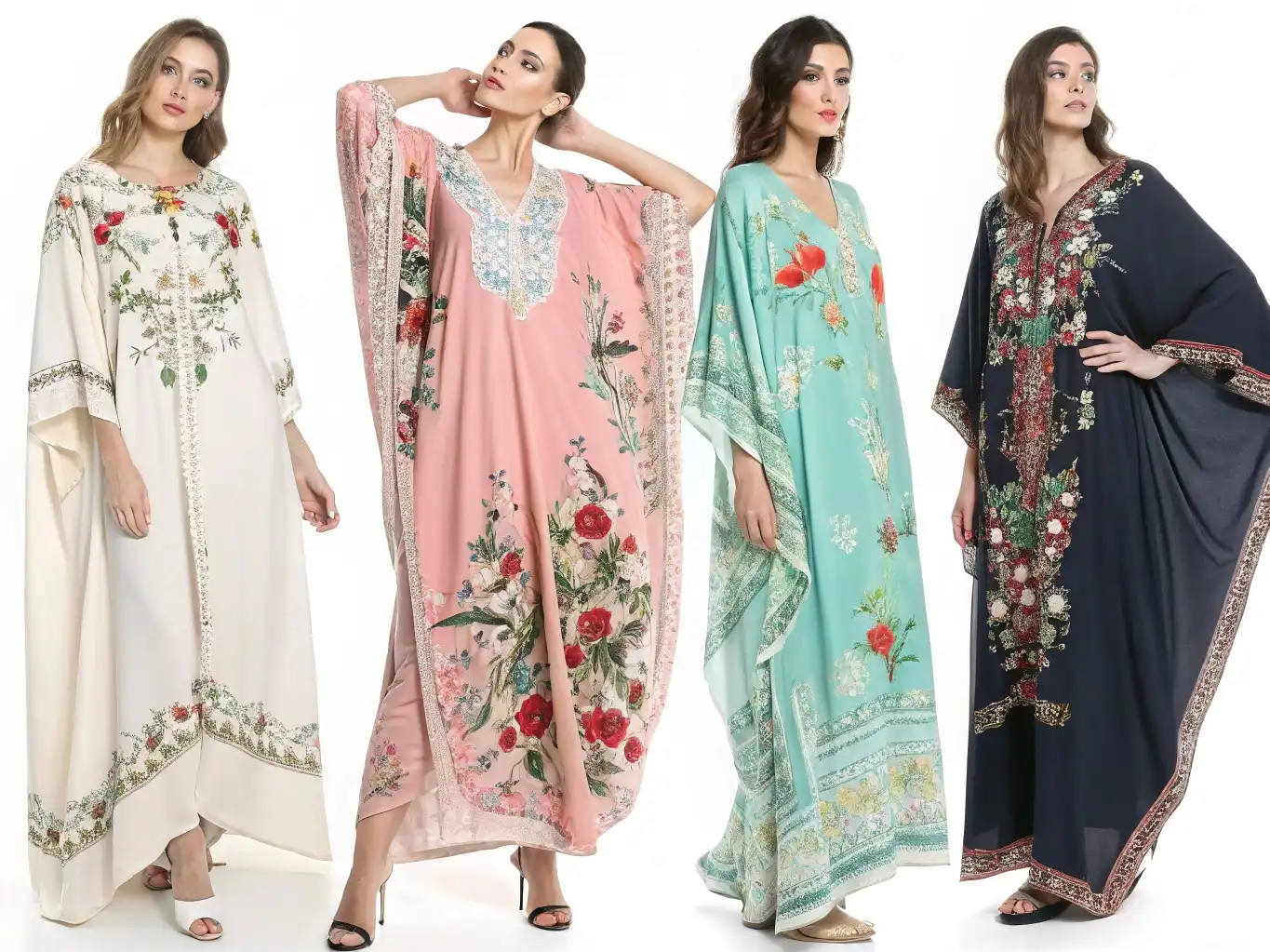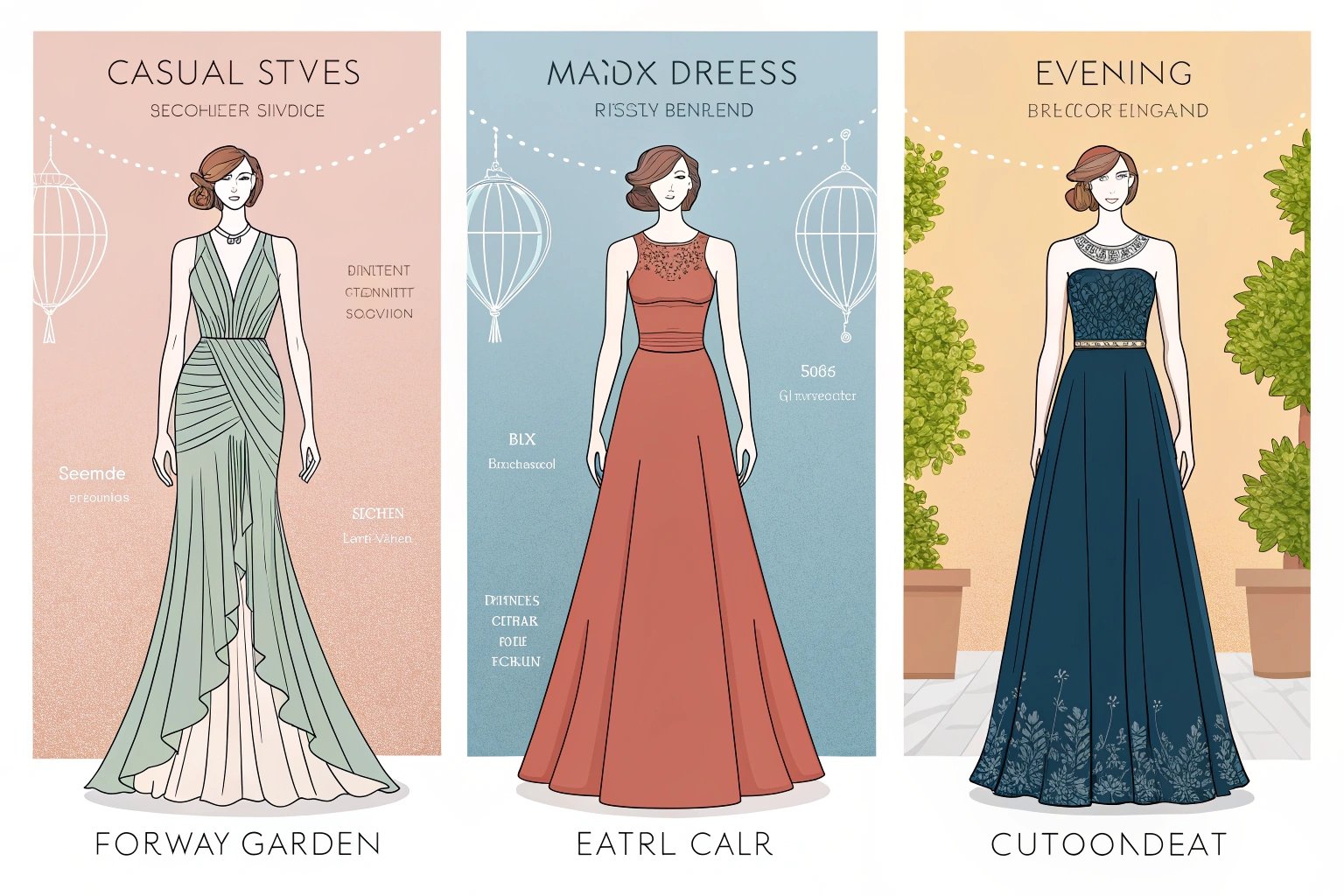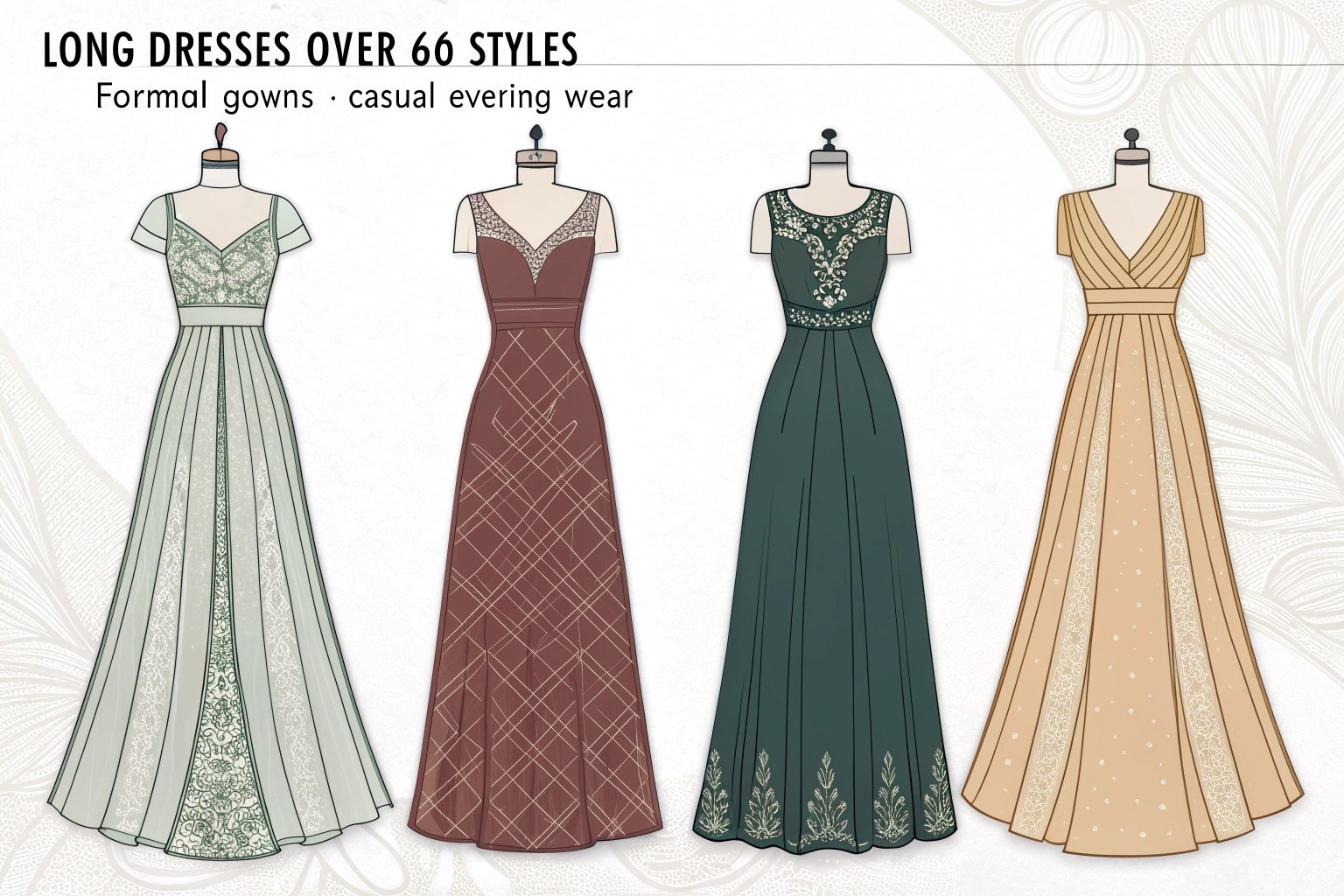Protecting original designs is a major concern for emerging fashion brands. Many founders ask: do I need to copyright my clothing designs to stop others from copying them?
In most cases, clothing designs cannot be copyrighted in a traditional sense, but specific design elements, logos, prints, and branding may be eligible for copyright or other IP protections.
We often help brands navigate design protection when bringing new collections to market—here’s what you need to know.

What is copyright, and how does it apply to fashion?
Copyright protects original works of authorship, like writing, music, or art.
In fashion, copyright applies to graphic elements or surface designs—not the shape or structure of a garment.
What Can Be Copyrighted
- Original textile prints
- Unique graphic T-shirt artwork
- Embroidered illustrations
- Photographic and marketing images
What Cannot Be Copyrighted
- General dress shapes (e.g., wrap, A-line)
- Construction techniques (e.g., seams, darts)
- Functional aspects (e.g., pockets, zippers)
Can I copyright the style or cut of my dress?
Not directly—most fashion silhouettes are considered utilitarian, not creative works.
Copyright law does not protect garment cuts or silhouettes, unless they incorporate distinct, original artwork as part of the structure.
Example
- A standard wrap dress shape is not copyrightable.
- But a wrap dress with a custom all-over illustrated pattern may have a protectable print.
What are my other options for protecting designs?
Fashion brands often use a mix of IP protections.
Trademark, design patents, and trade dress are alternative routes to guard your brand’s identity and unique styling.
Overview of Fashion IP Protections
| Protection Type | Covers | Duration |
|---|---|---|
| Copyright | Graphics, prints, visual artwork | Life of author + 70 years |
| Trademark | Logos, brand names, taglines | Renewable every 10 years |
| Design Patent | Ornamental garment elements | 15 years (U.S.) |
| Trade Dress | Overall visual identity | As long as it’s in use |

When should I register a copyright or trademark?
Timing is key. You can start the process once your design or brand identity is finalized.
Register copyright before commercial release; apply for trademarks early to secure your brand identity.
Registration Tips
- Use a lawyer or online IP service for faster filing
- For U.S., register through the Copyright Office or USPTO
- Include clear visuals and descriptions
- Protect your brand name and any distinct product identifiers
How do I prove someone copied my design?
Enforcement is tricky unless you have strong documentation.
To pursue a claim, you must prove originality, prior use, and unauthorized duplication.
Evidence You Need
- Original sketches with dates
- Emails or timelines proving concept development
- High-res images with launch dates
- Legal registration certificates

Are design patents worth it for fashion?
Design patents are harder to get but useful for standout styles.
If your design includes unique decorative elements that are non-functional and visually distinctive, consider filing for a design patent.
Pros and Cons
| Pros | Cons |
| Protects visual design | Expensive and time-consuming |
| Useful for bags/shoes | Doesn’t cover general styles |
| Adds brand value | Harder to enforce globally |
What are the risks of not protecting my work?
If you launch unprotected, there’s little legal recourse if your design is copied.
Without IP protection, you may lose exclusivity, market advantage, and brand equity.
Real-World Risks
- Big brands replicating indie designs
- Marketplace listings of lookalikes
- Manufacturers reusing your concept with others
How can I protect my designs without legal filings?
Some brands choose informal methods to protect their concepts.
You can use NDA agreements, date-stamped design documentation, and public release to establish ownership and deter copying.

Informal Protection Tools
- Non-disclosure agreements (NDAs) with partners
- Time-stamped Google Drive logs or design books
- First-to-market exposure for visibility and attribution
Should I copyright my collection before going to production?
Yes, especially if your collection includes original artwork or prints.
Pre-registering graphics ensures you have control before your designs appear online or at trade shows.
Pre-Launch Protection Checklist
- Register prints and logos
- Trademark your brand name and tagline
- Use watermarking for online lookbooks
- Sign NDAs with buyers, agents, and showrooms
Conclusion
Copyright isn’t the only or best way to protect fashion designs—but it’s part of a wider strategy. Protect original artwork, register your brand, and combine informal and formal methods for the best defense.









